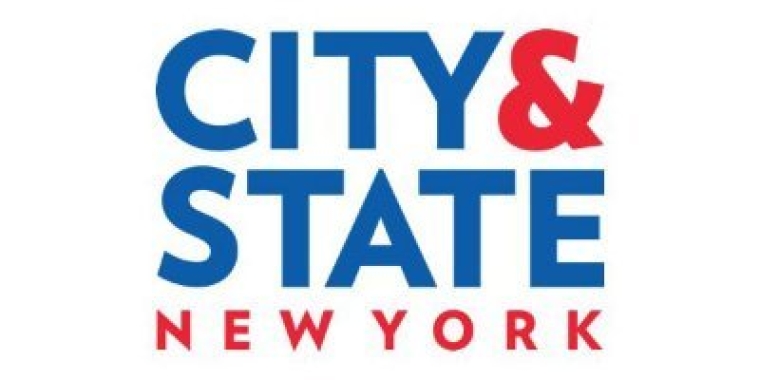
New York Daily News: New York vs. Big Tech: Move ahead on state anti-trust legislation (Op-Ed)

Much-deserved attention is paid to the ongoing congressional antitrust investigation of Big Tech and the antitrust case the federal Department of Justice is building against Google. But an important and much less eye-catching effort to bring the likes of Amazon, Facebook, Google, and Apple to justice is brewing in the New York State Senate, and all New Yorkers should get behind it.
Earlier this summer, Deputy Majority Leader Michael Gianaris introduced a bill that would make it easier for the state and New Yorkers to sue those four technology giants among others, in our courts for anti-competitive activities like attempting to monopolize the e-commerce or digital advertising markets.
Among its supporters is state Attorney General Letitia James, who says that her office is “handicapped” by the limitations of existing law and that New Yorkers are suffering as a result. At a hearing last week, James also disclosed that her office is conducting investigations into Big Tech — perhaps signaling that her office will utilize the new bill if passed into law.
The bill’s main legal tool is the creation of a new “Abuse of Dominance” standard that can potentially fix many critical gaps in today’s antitrust law. This could capture and prohibit many types of anticompetitive conduct the tech goliaths engage in but are almost impossible to prosecute under current federal standards. For example, under the new law, it will be possible to hold Amazon or Apple accountable for squeezing the margins of sellers or app developers that rely on their platforms to make a living.
Monopoly power fails New Yorkers who are now paying more and getting less. They are dangerous, and after they are established it is typically too late to repair the resulting harm. New York cannot and must not wait for the federal government to act.
The current COVID-19 crisis only magnifies and intensifies the harms of monopolies. The Federal Reserve Bank of New York found that the number of active Black small business owners in the state shrunk from 98,600 before the pandemic to only 29,479 in June. New York has also seen more than 11,000 small business closures, 63% of which reported as permanent.
At the same time, the combined market value of Amazon, Google, Facebook, and Apple soared passed $5 trillion for the first time over this summer, and their total share of the stock market surpassed 20%. At this desperate hour, the Digital Robber Barons get rich at the expense of small businesses across this state.
In the past, when wealth concentration has reached extreme levels, states have played a key role in acting on their own and have helped to guide and spur federal action.
New York has a particularly long and illustrious history here. In 1838, the state Legislature passed the first antimonopoly law in the nation, which broke-up the stranglehold of large and well-connected banks. During the Gilded Age, the rise of the Robber Barons drove the state to pass the Donnelly Antitrust Act in 1893. Surprisingly, the now largely ineffective, 127-year-old act remains the only major antitrust law New York has on its books today.
For decades, this wasn’t a problem, because New Yorkers could rely on our federal courts and agencies to effectively police and prosecute monopolists. But over the last 40 years, our federal judicial system and enforcement agencies began to reverse course and significant antimonopoly precedent was eroded.
The magnitude of the shift cannot be overstated: The Supreme Court stealthily overturned existing precedent and unleashed the relentless growth of the corporate goliaths. And our communities are footing the bill.
We feel its consequences across New York. Monopoly power undermines small businesses and is harming dairy farmers in Central New York. Monopoly power leads to vacant storefronts in small towns and urban neighborhoods alike and to the death of many vital local newspapers. Monopolies fuel racial injustice and also harm working people by foreclosing competition over labor, forcing tens of thousands to rely on nonunion “gig” jobs.
For more than a year, members of Congress’s Antitrust Subcommittee have been investigating Big Tech — the first major investigation of monopoly power in decades. And hopefully, the fruits of their scrutiny will eventually lead to a much-needed reinvigoration of our federal antitrust laws and regulations.
But we can’t wait. The need to reinvigorate our own state antimonopoly laws in the face of a second Gilded Age is equally urgent. By setting bright-line rules and clearly articulating what constitutes a violation of the new law, New York could become a leader.
As it was in 1893, the Empire State should lead the fight against monopoly power once again.
Sussman is a legal fellow at the Institute for Local Self-Reliance.



